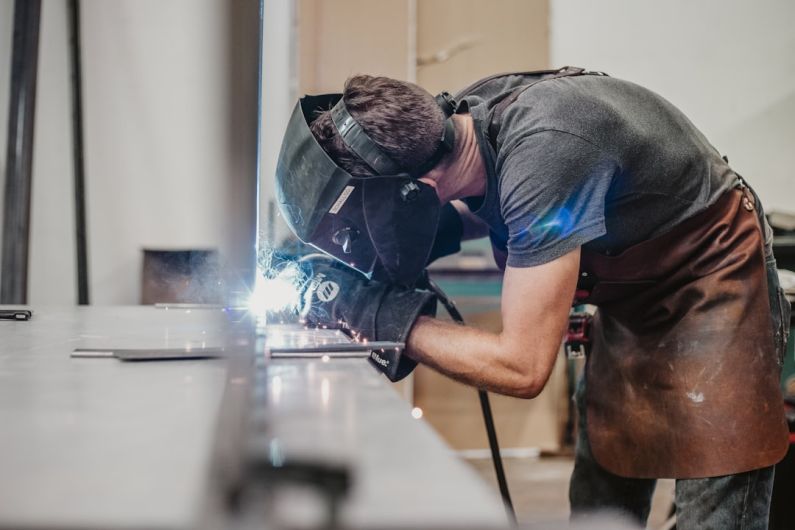How to Choose the Best Welder for Home Use
Welding is a handy skill to have, especially for home repairs and DIY projects. Whether you are a seasoned pro or just starting out, having the right welder is crucial for achieving quality results. With so many options available on the market, it can be overwhelming to choose the best welder for home use. In this article, we will guide you through the process of selecting the perfect welder that suits your needs.
Consider the Type of Welding
The first thing to consider when choosing a welder is the type of welding you will be doing. There are several different types, including MIG, TIG, and stick welding. Each type has its own advantages and applications. MIG welding is the most common and versatile option, suitable for a wide range of materials and thicknesses. TIG welding is known for its precision and is ideal for thin materials. Stick welding, on the other hand, is the most basic and affordable option, best suited for heavy-duty projects.
Power Requirements
Next, determine the power requirements for your welder. This will depend on the type of welding you plan to do and the energy sources available in your home. MIG and TIG welders typically require a 220-volt power supply, while stick welders can run on a 110-volt power supply. Make sure to check the power capabilities of your home and ensure that it can handle the power requirements of the welder you choose.
Consider the Duty Cycle
The duty cycle refers to the amount of time a welder can operate before needing to cool down. It is typically expressed as a percentage, with a higher percentage indicating a longer continuous welding time. For home use, a welder with a duty cycle of 20% to 30% should be sufficient. However, if you anticipate doing longer welding sessions, consider opting for a welder with a higher duty cycle to avoid downtime.
Portability and Size
If you plan on using your welder in various locations around your home, portability is an essential factor to consider. Look for a welder that is lightweight and compact, making it easy to transport. Additionally, consider the size of the welder and ensure that it can fit in your workspace comfortably.
Wire Feed Speed and Amperage Range
For MIG welders, wire feed speed and amperage range are critical factors to consider. The wire feed speed controls the rate at which the wire is fed into the weld pool. Look for a welder with adjustable wire feed speed settings to achieve optimal weld quality. Additionally, consider the amperage range of the welder to ensure that it can handle the thickness of the materials you will be welding.
Safety Features
Safety should always be a top priority when choosing a welder. Look for welders with built-in safety features such as thermal overload protection and voltage control. Thermal overload protection will automatically shut off the welder if it exceeds its duty cycle or overheats, preventing any potential hazards. Voltage control allows you to adjust the welding voltage to suit different materials and thicknesses, ensuring a safe and controlled welding process.
Price and Warranty
Lastly, consider your budget and the warranty offered by the manufacturer. While it can be tempting to opt for the cheapest welder, it is essential to strike a balance between price and quality. Look for a welder that offers good value for money, with a reasonable price and a reliable warranty that covers any defects or malfunctions.
In conclusion, choosing the best welder for home use requires careful consideration of various factors. Determine the type of welding you will be doing, consider the power requirements, and evaluate the duty cycle. Portability, wire feed speed, and amperage range are also important considerations. Additionally, prioritize safety features and factor in your budget and warranty options. By following these guidelines, you can confidently select the perfect welder that will meet your needs and help you achieve professional results with your welding projects at home.






